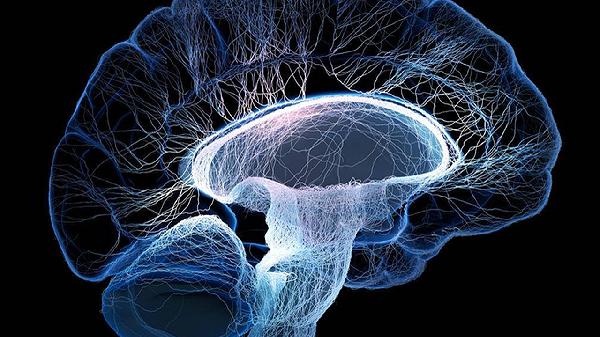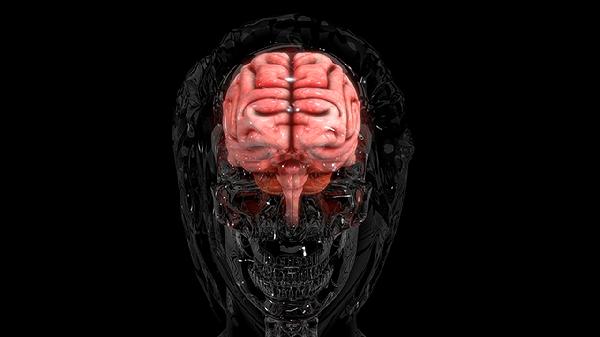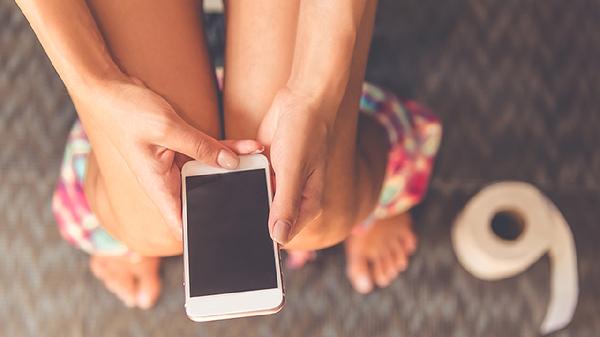Living a long, healthy life isn’t just about kale smoothies and hitting the gym—turns out, being a decent human might actually add years to your lifespan. Scientists are digging into the surprising connection between empathy and longevity, and the findings suggest that tuning into others’ emotions could be as crucial as your morning jog. So if you’ve ever been told you’re "too nice," science might finally have your back.
The Science Behind Empathy’s Longevity Boost
it’s a legit survival skill. Research from Italy tracked 441 adults and found that those who scored high on empathy had stronger social networks and better well-being as they aged. Think of empathy as emotional armor—it buffers stress, fosters connections, and keeps loneliness at bay, all of which are linked to living longer. Dr. James Powers from Vanderbilt puts it bluntly: "Loneliness kills. Empathy builds bridges." And those bridges? They’re literal lifelines, reducing mortality risks tied to isolation.
Empathy 101: More Than Just "Feeling Bad" for Someone
Empathy isn’t one-size-fits-all. Psychologists break it down into two flavors: emotional (your heart aches when a friend’s dumped) and cognitive (you mentally grasp why your coworker’s raging after a missed promotion). Dr. Janelle Beadle notes that most empathetic folks excel at both, but here’s the kicker—overdoing it can backfire. "Empathy burnout" is real; absorbing others’ pain without boundaries can tank your mental health. The sweet spot? Balance. A 2022 study found that moderate empathy correlated with longevity, while extreme levels spiked stress hormones. TL;DR: Care, but don’t drown in others’ drama.
Why Your Grumpy Uncle Might Need an Empathy Upgrade
Ever met someone who treats waitstaff like furniture? That lack of empathy isn’t just rude—it could be shaving years off their life. Chronic anger and judgment flood the body with cortisol, a stress hormone linked to heart disease and weakened immunity. Dr. Thea Gallagher explains: "Empathy is like a stress vaccine. It dials down hostility, which dials up lifespan." Meanwhile, lonely folks face a 50% higher mortality risk—equivalent to smoking 15 cigarettes daily. So yeah, that "nice guys finish last" line? More like "nice guys finish with extra birthdays."
Train Your Brain to Care (Without Losing Your Mind)
Not naturally empathetic? No sweat. Dr. William Chopik’s research shows empathy is a muscle you can flex. His 15-week study had participants practice micro-acts of kindness—complimenting a stranger, writing thank-you notes—and voilà, their empathy scores rose. Pro tips:
The Dark Side of Too Much Empathy
Ever cried during a commercial? Congrats, you’re human—but if you’re constantly drained by others’ problems, you might be an "empathy overachiever." Healthcare workers and therapists often face this; their deep compassion leads to burnout, insomnia, even autoimmune issues. Chopik’s fix: "Compassionate detachment." Help, but don’t hitch your mood to someone else’s crisis. Example: Instead of agonizing over a friend’s divorce, say, "I’m here to listen, but I trust you’ll find solutions." It’s like emotional sunscreen—protection without disconnection.
Empathy’s Ripple Effect: Why It’s Bigger Than You
Here’s the mic-drop moment: Empathy doesn’t just extend your life—it can heal societal rifts. Studies show that communities with higher collective empathy have lower crime rates and better public health. When you model empathy, you create a chain reaction (kindness is contagious, after all). So next time you bite your tongue instead of snapping at your partner, or let a car merge with a wave, you’re not just being chill—you’re subtly hacking the longevity code for everyone around you.
Final thought? Empathy isn’t about being a saint; it’s about being strategically human. In a world that often rewards selfishness, choosing compassion might be the ultimate life hack—for your heart, your relationships, and yes, your lifespan. Now pass the kale (or don’t—no judgment here).
























